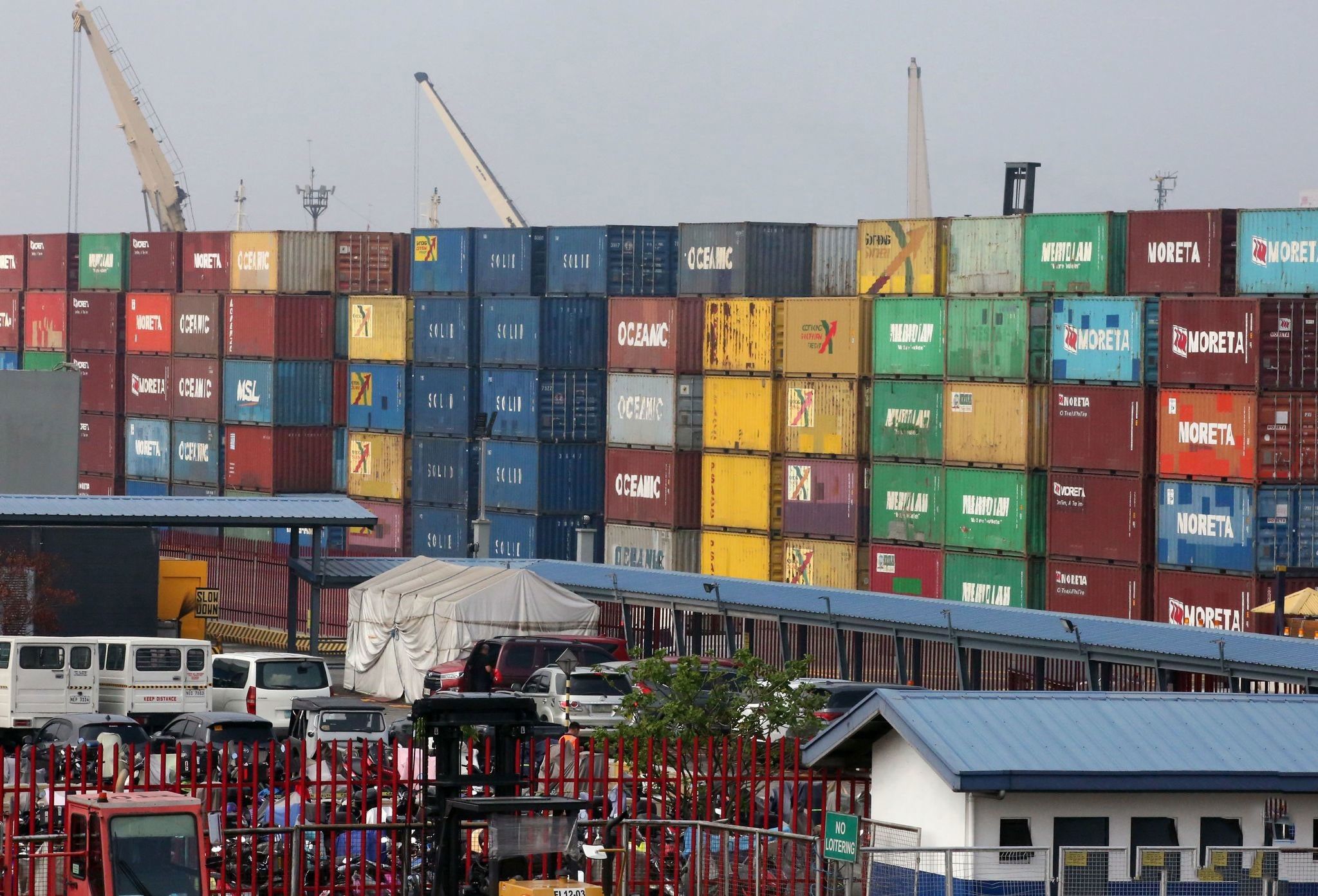An efficient maritime transport system is key to sustainable economic growth

As an archipelago composed of more than 7,000 islands, the Philippines carries the characteristic of heavily relying on the maritime transport system to move people and goods. Movements across islands and regions require a functioning and effective transportation system.
Maritime transport activities – which, according to the Philippine Ports Authority, comprise of ship calls, cargo throughput, container traffic, passenger traffic, and roll-on roll-off (Roro) traffic -- mostly picked up in the years following the pandemic-induced lockdowns. For example, sea passenger volume increased by 24% to 73.6 million passengers in 2023 from the previous year, and cargo throughput grew 5% to 271.9 million metric tons in 2023 from 2022.
However, the volume of container traffic decreased by 5% to 7.49 million twenty-foot equivalent units (TEUs).
This only shows us that there is much room for realizing the potential of the maritime transport industry. It will not thrive on its own – it needs the combined support of the government and private sector in creating an enabling environment to upgrade and modernize port operations. For optimal efficiency, we also need to be able to use integrated and intelligent systems.
A fitting example would be the awarding of the management of the Visayas Container Terminal (formerly Iloilo Commercial Port Complex) to International Container Terminal Services Inc. just this January. With a concession period of 25 years, the project is expected to drastically improve port efficiency through significant investments in world class infrastructure upgrades and cargo-handling equipment.
**
The matter of port operations efficiency was a dominant and recurring theme during the 10th edition of the Philippines-Spain Forum, an event jointly organized by the Philippine Chamber of Commerce and Industry through its Philippines-Spain Business Council, and Casa Asia.
While the two-day forum touched on the geopolitical situation in the Indo-Pacific region, food security and supply chains, digitalization and infrastructure development for tourism growth, and energy security, the strategic value of maritime transport was an overriding theme in relation to the enduring relationship between Spain and the Philippines. There was also an emphasis on opportunities for trade and investment.
The Philippines’ heavy reliance on maritime transport for various goods was highlighted in one of the talks, specifically by Mr. Pablo Corralo of Bluefocus Infrastructure Advisors. He talked about how high food prices can be exacerbated by the higher costs of maritime transportation, which in turn constitutes 37% of total logistics costs.
Some of the factors that affect shipping fees include fuel costs, distance to destination, and service charges among others.
All these negatively affect consumers as this will lessen their purchasing power. Businesses will be affected as well, particularly in terms of higher operational expenses.
Meanwhile, port charges only represent 8% of total costs, thus not making a significant contribution.
To better ensure sustainability in the food supply chain, Corralo suggested tapping into advancements in technology as they apply in the logistics industry. Among these are innovations like blockchain for traceability, precision agriculture for resource efficiency, and advancements in packaging to minimize waste.
He added that implementing environmentally friendly practices in transportation, such as the use of electric vehicles, optimization of delivery routes, and reduction in emissions, can contribute to a more sustainable supply chain. This shift is vital for ensuring long-term food security while mitigating the environmental impact of transportation.
The maritime transport industry may serve as a prospective area of collaboration as Spain and the Philippines work to strengthen its relationship. The two countries may explore working together to build new port infrastructure or upgrade existing ports in the country, engage in technology transfer, and establish ship repair facilities among others.
As an archipelagic nation, the country is uniquely positioned to leverage its maritime resources for sustainable development. Through collaboration, the Philippines can improve its maritime transport facilities to significantly impact economic growth as part of the blue economy.
Enhancing inter-island and regional connectivity through improved maritime transport facilities can unlock a multitude of economic opportunities. It will generate jobs, both directly in the maritime sector and indirectly in interlinked industries.
Boosting tourism is another significant impact. The Philippines, blessed with stunning natural beauty and rich cultural heritage, has immense potential as a tourist destination. Improved maritime transport can make the travel experience between islands faster, safer, and more convenient, attracting more tourists both locally and internationally thus boosting another economic potential that is directly affected by the efficiency, convenience, and safety of transportation networks.
Efficient maritime transport ensures free-flowing movement of people and supply chains so that goods can be transported quickly and cost-effectively from one island to another. This not only benefits businesses by reducing logistics costs but also consumers by ensuring the availability of goods at competitive prices.
Furthermore, the economic development of municipalities or cities where ports are located can be spurred. Ports often act as economic hubs, attracting a wide spectrum of businesses and investments. Modernizing and expanding port facilities will lead to the growth of ancillary industries, such as logistics, warehousing, and a diverse ecosystem of service industries, contributing to the overall economic development. The host and surrounding communities, and even the adjacent regions will feel the positive impact in a booming port’s sphere of influence.
Maritime transport infrastructure connects the country to regional and international trade and commerce. To fully participate and thrive in the global economy, it is paramount to modernize and expand maritime transport infrastructure such as ports and shipyards and create a stable and enabling regulatory environment that will benefit all maritime stakeholders.
Rupert Paul Manhit is the COO and managing director of think tank Stratbase Group. He is the executive director of Philippine Trade Foundation (Phils Inc.)
- Latest



























